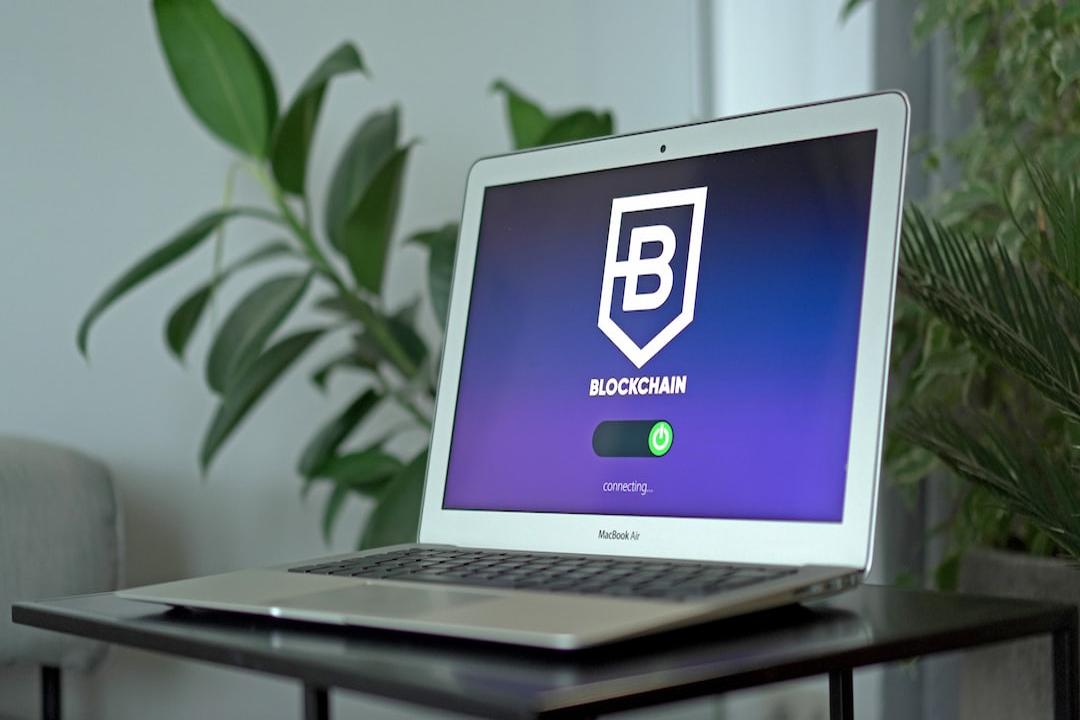In response to the high energy consumption of Bitcoin mining, PayPal has teamed up with non-profit organizations Energy Web and DMG Blockchain Solutions to propose a solution that uses cryptographic incentives to encourage miners to adopt low-carbon energy.
The high energy consumption of the Bitcoin network has been a topic of discussion, with Cambridge University’s Bitcoin Electricity Consumption Index estimating that global Bitcoin mining will consume 121.13 TWh of electricity in 2023, the highest level since data was first recorded in 2010. This is equivalent to the electricity consumption of Argentina and exceeds Belgium’s consumption of 93.8 TWh.
PayPal, in collaboration with Energy Web and DMG Blockchain Solutions Inc., has developed a “clean energy certification platform” to promote the use of green energy by mining companies. The platform allows Bitcoin miners to obtain low-carbon certifications for their mining activities. The process involves identifying miners who use a sufficient proportion of low-carbon energy in their mining operations, obtaining their public keys, and marking them as green keys. These green keys are then aggregated into a multi-signature address (designated as a payment address) for the distribution of Bitcoin incentives. Transactions submitted to green miners will be prioritized and broadcasted with low transaction fees. Additionally, a UTXO (unspent transaction output) will be attached to the transaction, with some Bitcoin locked in the multi-signature payment address as an incentive for green miners. Most miners will choose to ignore these transactions due to the low transaction fees, but green miners who are eligible for additional incentives will be willing to process them. When green miners receive the transaction in the memory pool, they need to include the transaction in the mined block, along with an additional redemption transaction to consume the locked UTXO in the payment address. Upon successfully mining the next block, they will receive Bitcoin rewards.
PayPal hopes that this research will improve and optimize the existing powerful network by proposing new cryptographic economic incentives. However, the paper does not provide much detail on the most important aspect of additional Bitcoin rewards. Even if miners receive the rewards, it remains uncertain whether there will be enough incentive to attract them to join. After all, global miners are currently seeking cheap energy sources, and some clean energy sources are cheaper locally due to transportation limitations, which attracts miners to set up operations in those areas.
The news of this collaboration has had a positive impact on the token EWT (Energy Web Token) of Energy Web. According to CoinGecko data, EWT has increased by over 13.6% in the past 24 hours, reaching $2.32 with a market value exceeding $116 million.
In 2022, when global asset management giant BlackRock launched Bitcoin private trusts, it mentioned that Energy Web was helping to increase transparency in green Bitcoin mining, which significantly boosted the price of EWT. In the same year, Energy Web launched its Green Proofs for Bitcoin initiative, which was a way for Bitcoin miners to prove their use of renewable energy. At that time, the initial draft of the certification standards had already been completed. The collaboration with PayPal now raises the question of whether it can attract more energy companies to adopt these initiatives, which will be worth observing.
Related reports:
– Looking back: Bitcoin’s energy consumption issue reminiscent of the criticism of internet in 1999
– Bitcoin mining yearbook: Insights into global changes, market trends, and energy consumption variations
– IMF report: Advocating for eco-friendly CBDCs, abandoning PoW payment mechanism; CFTC Chairman: Seeking solutions to Bitcoin’s energy consumption issue


